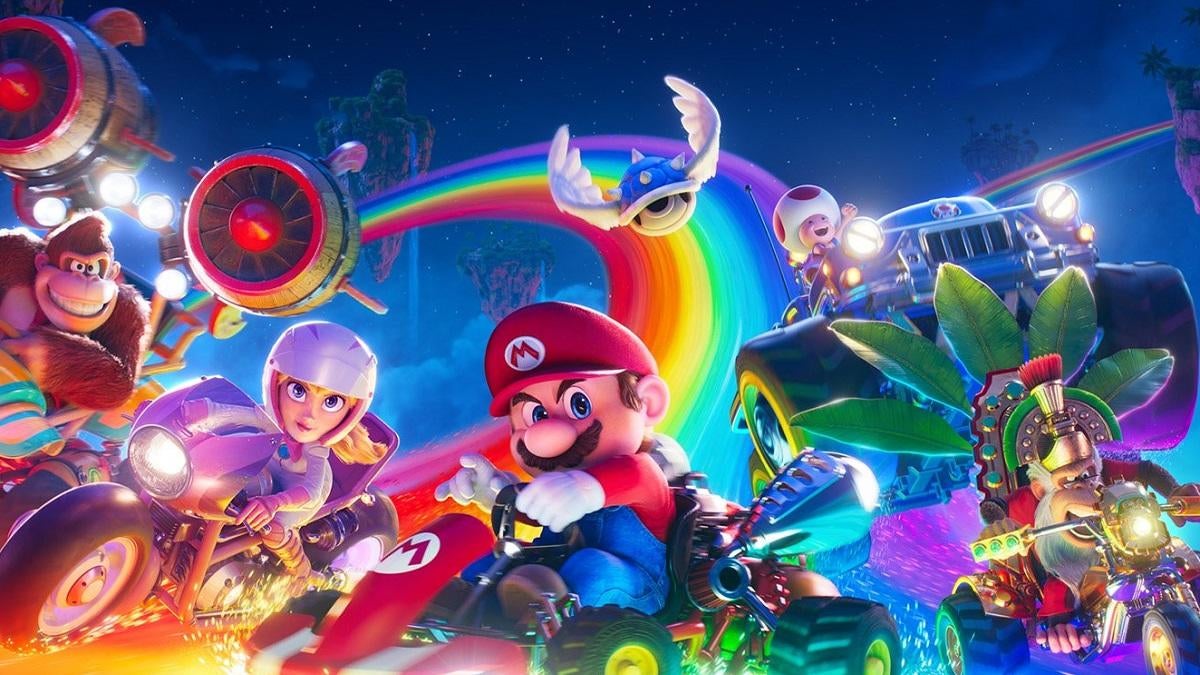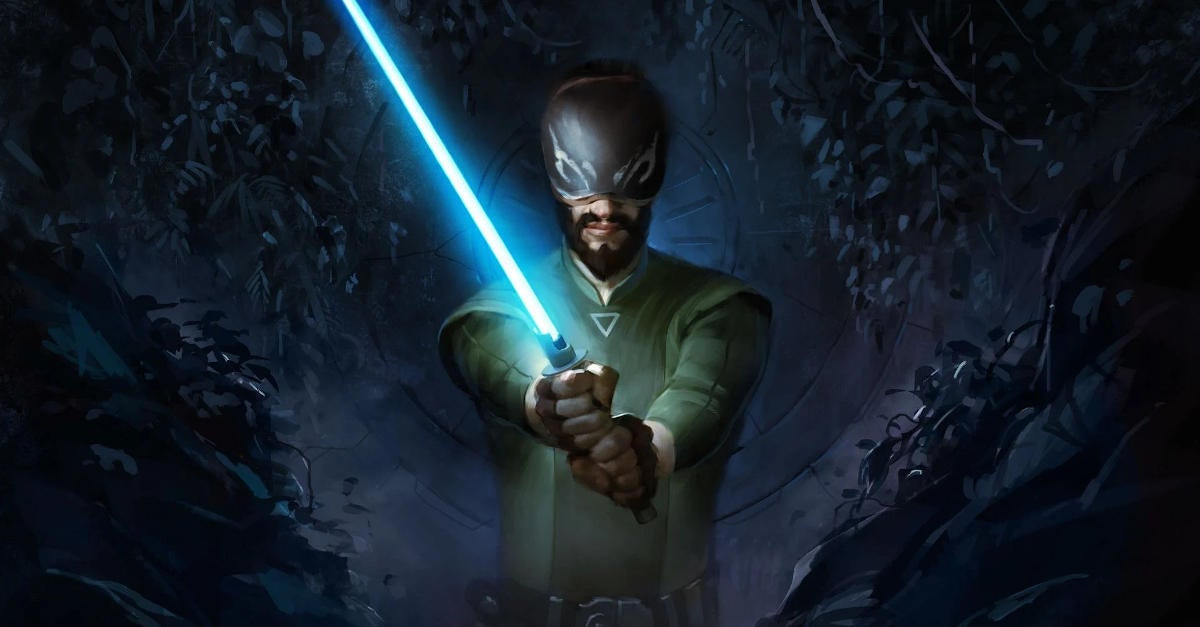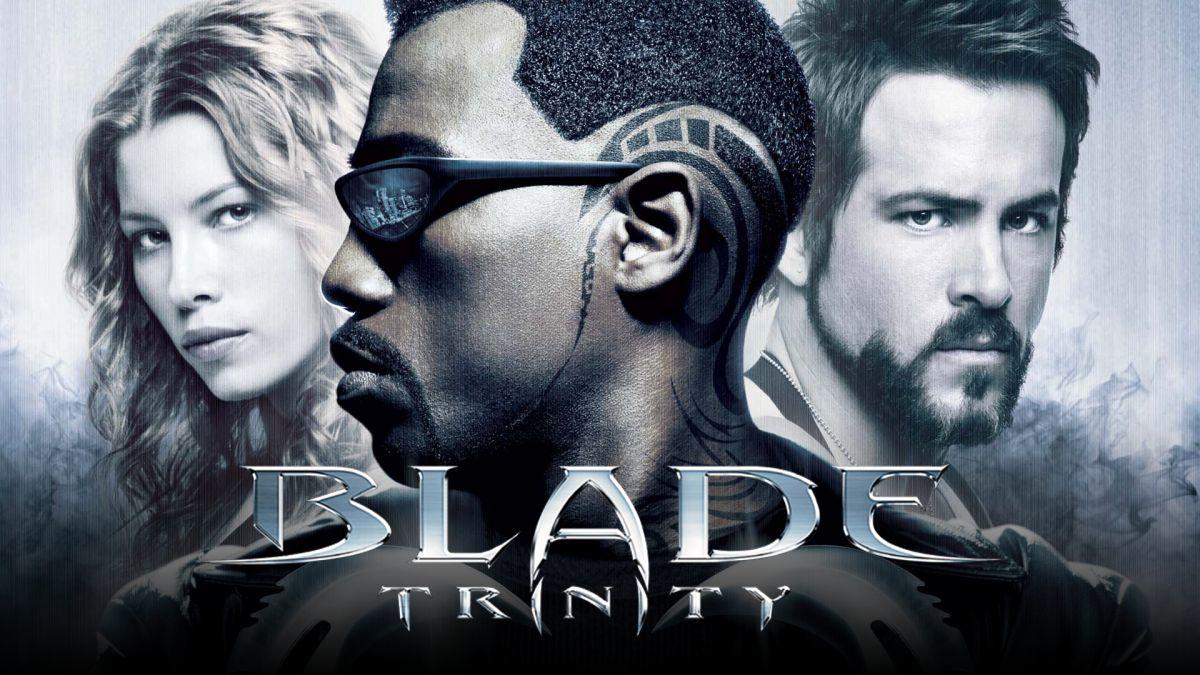Better Call Saul Creator on Saul Goodman's "Earned" Ending
Warning: this story contains spoilers for Better Call Saul's series finale, "Saul Gone." "He's like la cucaracha," Lalo Salamanca (Tony Dalton) once said of Saul Goodman (Bob Odenkirk), comparing the criminal lawyer to a cockroach. But in the Better Call Saul series finale set after the events of Breaking Bad, Jimmy McGill (Odenkirk) does what neither show could ever do: kill Saul Goodman. In a courtroom confession, the ex-lawyer cops to the crimes of meth kingpin Walter White (Bryan Cranston), resulting in an 86-year sentence in federal prison. But it's James McGill — not Albuquerque conman Saul Goodman, and not fugitive Cinnabon manager Gene Takovic — who owns up to the chicanery that led to the deaths of Chuck McGill (Michael McKean) and Howard Hamlin (Patrick Fabian).
Saul Goodman dies in that courtroom — but only figuratively. In an interview with The New Yorker, Vince Gilligan, who co-created the Breaking Bad spinoff with showrunner Peter Gould, revealed the creators never considered ending Better Call Saul with Jimmy/Saul/Gene's death.
"This ending always seemed fitting to me: that Jimmy, the lawyer, pay the price in terms that were fitting to his career choice," Gilligan said. "In other words, it seemed right that he go to prison."
Read More ▸ Better Call Saul Showrunner Explains Saul's Fate ▸ Better Call Saul's Final Episodes Tie Up Breaking Bad Loose Ends ▸ Saul Gone's Big Breaking Bad Easter Egg
In Breaking Bad's "Felina," cancer-stricken Walter White "escaped prison by dying in a hail of bullets," bleeding out on the floor of a meth lab. His meth-cooking partner, Jesse Pinkman (Aaron Paul), ultimately disappeared to Alaska in the Gilligan-directed El Camino: A Breaking Bad Movie, after paying penance as doled out by Jack Welker (Michael Bowen) and his Nazi gang.
"Jesse Pinkman, I like to think, got away with it, although he obviously didn't get away with it. He went through far worse tortures than any penitentiary could offer—being enslaved and made to cook meth by a gang that was holding him hostage," Gilligan said. "So you have Walt's ending and Jesse's. There's got to be a third ending—you can't repeat either of the first two."
With Walt dead and Jesse in the wind, someone had to end up serving what is effectively a life sentence behind bars.
"I don't think we ever really thought about Saul Goodman dying at the end. The character Lalo kept calling Saul a cockroach. And what do cockroaches do? They survive," Gilligan noted. "It never seemed even a remote possibility that he die. That would've felt unearned."
The same is true of Slippin' Jimmy McGill's scheming accomplice, turned partner in crime, turned wife Kim Wexler (Rhea Seehorn). After six seasons of teasing viewers about Kim's fate — the fan-favorite does not appear in five seasons of Breaking Bad — Saul's sixth and final season revealed that Kim dumped Jimmy and fled for Florida long before his involvement in the Heisenberg meth empire.
"We strung people along. Fans would say, 'Oh, my God, you're not going to kill Kim, are you?!' And Peter [Gould] and I would look at each other and shrug. We'd say, 'You have to watch.' But we never, ever thought about killing off Kim," Gilligan said. "Rhea Seehorn is just so delightful. We wouldn't have wanted to do the show without her. I can't say her character, Kim, was always delightful, because she does some pretty horrible stuff in that final season. But she, too, comes to her senses."




